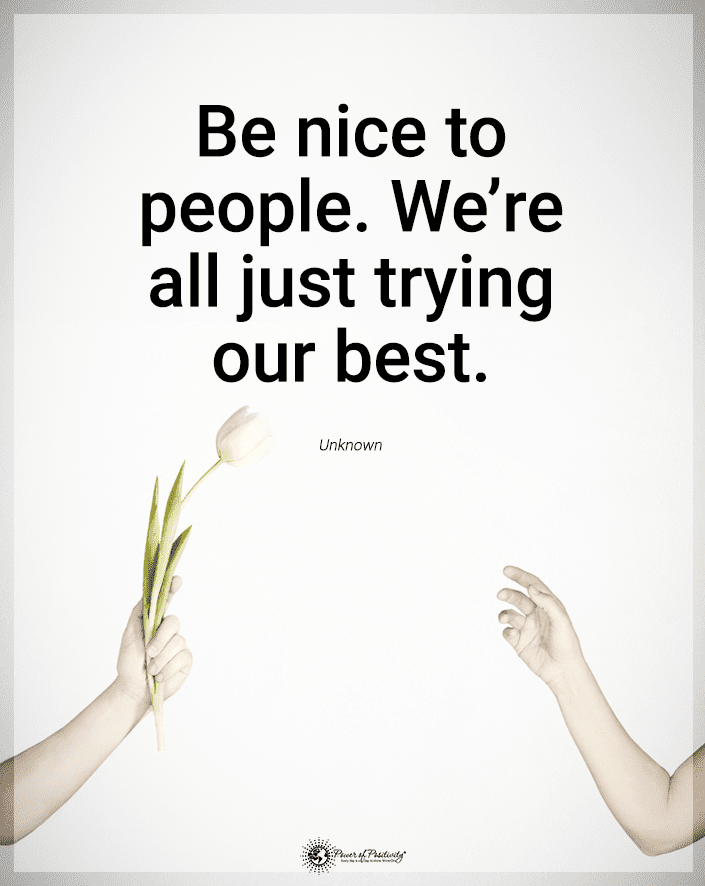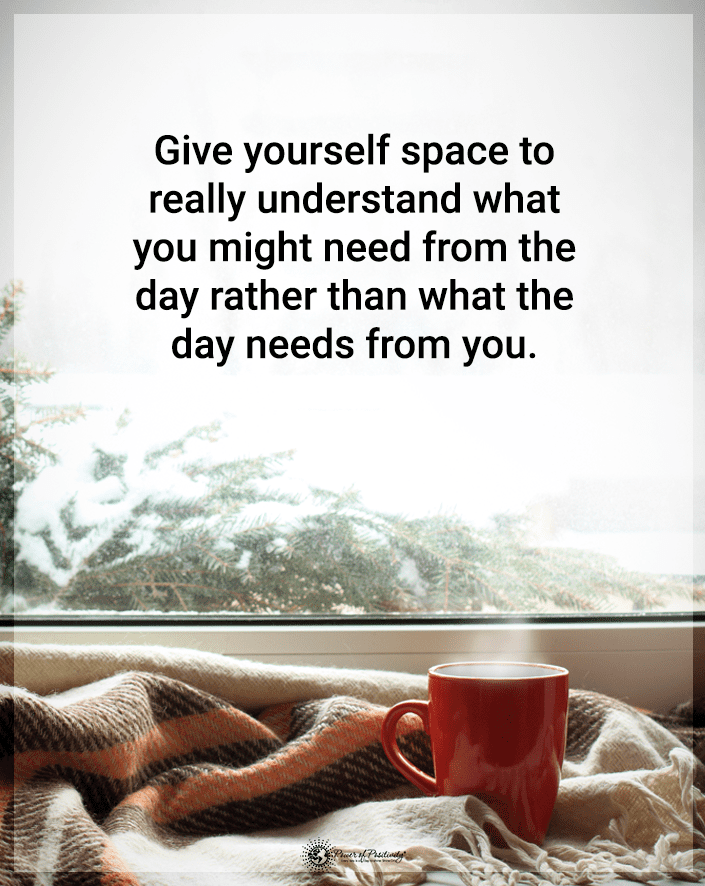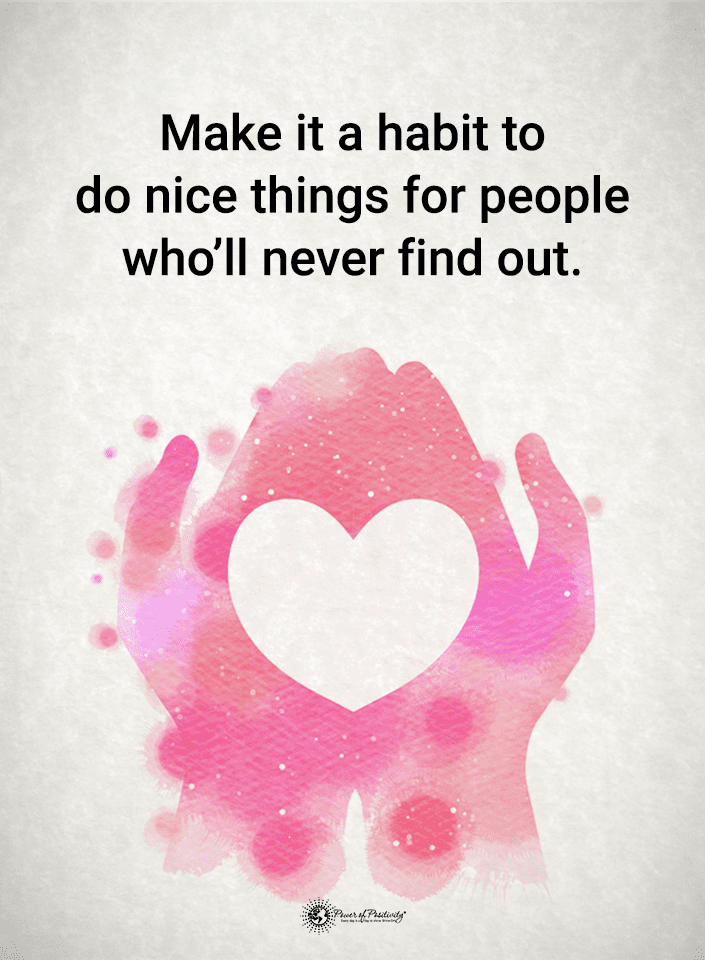If you don’t have a degree in psychology, you are likely not familiar with the concept of a fair relationship. And not knowing this term is more than fair, as it was first used to describe an economic concept. But it has been adapted to interpersonal relationships in the past years. In a few words, an equal relationship is better for both parties. A perfect relationship is one that is perfectly equitable, or so the theory states. But real life is not perfect.
You can’t have a perfectly equitable relationship at all times. Sometimes, one of you will have to sacrifice more than the other. Still, it’s good to have fairness in mind when building a connection. Even if you think you might get an advantage out of the relationship, an inequitable relationship just doesn’t work. It will always affect other aspects of the relationship, especially intimacy.
Fair Relationships and Intimacy
You probably know that you can’t have a romantic relationship without intimacy. And we’re not just talking about physical intimacy in this case. For a long-lasting relationship, intimacy’s emotional and psychological aspects are just as important, if not more. It allows you to trust your partner and feel safe around them. Without that intimacy, you won’t want to communicate and fully share your life with them. People don’t feel safe when they see intimacy being affected.
And relationship equity plays an enormous role in how intimate you feel you can be. Plus, most people don’t realize their relationship can be inequitable. Most people don’t want to make the other sacrifice more, but it can happen. Or maybe you sacrifice yourself too much because you want to spare your partner. Either way, your relationship will be affected when one of you gives more than they take. If this is something you might struggle with, read on to see how to avoid having an inequitable connection.
What is Relationship Equity?
Relationship equity is based on a theory created back in the 1960s. It’s called equity theory, inspired by the social exchange theory. John Stacy Adams, a workplace and behavioral psychologist, developed it. Initially, the theory was meant to change things in the workplace. This is because Adams created a link between worker motivation and a divided resource system.
Adams had shown that inequality in these systems would lead to worker unhappiness and inefficiency. So, you can see that the equity theory was intended for economic use. It was supposed to show owners that they would have a more effective firm by creating better working environments. But, in time, the theory was modified and used in other areas. After all, the arguments are based on behavioral studies. So they can be easily tailored for use in other instances.
It makes sense that this theory evolved and gave birth to the concept of relationship equity. In romantic relationships, one partner’s benefits minus their costs should equal the other’s benefits minus their costs. In simpler terms, you should be left with the same benefits or costs at the end of the day. If you are going through a rough phase and must sacrifice, your partner should chime in. And, if you are going through a good one, you should help your partner and share the good.
Going The Extra Mile to Be Fair in a Relationship
Of course, that doesn’t mean you need to break an arm and a leg for them. If, for example, they are prepping for a challenging job interview, you can help with what you can. You don’t need to learn for them. They decided to apply, and they must see things through. But you can help them revise or even cook something if they don’t have enough time.
And they should do the same when you struggle with many issues and work. Indeed, if you’re doing well, you shouldn’t spoil yourself and give them nothing. Of course, that doesn’t mean you shouldn’t buy yourself nice things. But don’t buy yourself designer shoes while your partner struggles with money. Maybe help them out first and then think about those shoes.
Relationship equity is just common sense if you think about it. But way too many people end up in inequitable relationships. And that’s mostly because of selfishness. If you never think about your partner’s needs, you won’t be able to give them what they need. And this goes both ways. So, you need to sit down and discuss how you divide responsibilities and how fair you are.
You can start by making small changes, like dividing the chores or deciding who pays for what. But before implementing those changes, let’s see how relationship equity can improve intimacy.
The Connection Between a Fair Relationship and Intimacy
Fairness makes a tremendous difference in how you and your partner relate to each other.
1. A Fair Relationship Improves Communication
When there’s equity in a relationship, each partner feels like they have a voice. Not only that, but they’ll see that their opinions will be heard. In a fair relationship, both parties will try to listen, not just talk and impose their view. Because of that, communication is improved. You won’t be scared to speak your mind when you get the attention you deserve.
You won’t feel the need to hide things from your partner. For example, many people hide issues from their partners to avoid upsetting them. Even if your partner did something to upset you, you might feel it’s better to hold everything in. But that fear doesn’t exist when your partner sees you as an equal.
When you can discuss everything, not only will you solve issues, but you’ll grow closer. You’ll feel safe around each other. When you share your fears and worries with someone, and they respond with love, that’s a good sign. Some people might be dismissive, and those are the ones you shouldn’t waste your time on. But someone who truly values you will be attentive and try to help you.
Your conversations will be meaningful, not just something you go through as your duty. Your fights will be constructive and will help you grow as a couple. All this can happen if you regard the other as your equal. And, naturally, you two will be able to be more intimate. After all, you cannot be intimate with someone if you don’t know how to communicate.
2. A Fair Relationship Improves Satisfaction
Like Adams argued back in the 1960s, equity makes individuals more satisfied. And this is true for all people, including the ones in romantic relationships. You’ll be happier when you feel like the resources are evenly divided in a romantic relationship. You’ll feel you are given what you are owed, making you more likely to give back.
But most relationships are at least inequitable. In most cases, it even takes place without the participants realizing it. For example, it happens if someone takes on too much responsibility because they think they need to support the other. Or maybe someone does all the chores around the house, which can make them feel used.
And, when either partner is unsatisfied, the intimacy will suffer. You won’t want to work towards fixing things. Chances are, you’ll just become complacent and drift apart. But when your relationship is fair, both partners will feel valued. This allows you both to feel like you are cared for. Feeling loved is a big part of intimacy. And when your partner shows you through actions how often they value you, you’ll grow closer.
Relationship equity allows you to be happy in the relationship and feel like it’s an addition, not a burden. This is where the satisfaction comes from. You know you aren’t giving up everything to make the relationship work. Instead, the relationship improves the life you already had. Knowing this allows the bond you have with your partner to become much stronger.
3. A Fair Relationship Empowers You
Relationships are complicated because you can feel like you are losing yourself while you are in them. In an inequitable relationship, you might feel like you must sacrifice your individuality. If you are expected to give more than you get, you’ll have to sacrifice some of your dreams. Say, for example, your partner wants you to stay home and support them.
But maybe you want to focus on your career. If you give that up, it will eat away at you. And you’ll become closed off. Your intimacy will become weaker and weaker. But, by having a fair relationship, you can feel empowered. This is important because you can focus on your goals and won’t give up on the relationship.
Going through rough patches in normal. How you react to them is what can make or break a relationship. If you don’t feel you have intimacy in the relationship, you’ll give up when things get complicated. But when your relationship is fair, and you have that intimacy, you’ll keep fighting no matter how hard things seem.
Final Thoughts on The Connection Between Fairer Relationships and Intimacy
Maybe you haven’t ever heard of relationship equity before, which wouldn’t be surprising. But it’s a concept that can save your relationship. Plus, it’s connected to intimacy. The fairer your relationship is, the stronger your intimacy will be. So, it might be time to assess your relationship and see how equitable it is.
It might surprise you to see that things aren’t as fair as you might have thought. For any relationship to work, you must share your benefits and duties as evenly as possible. If one of you is struggling, the other should help, and vice versa. This is how you create a partnership and take your relationship to the next level.
Being in an equitable relationship will help both of you feel more satisfied. It allows you to communicate openly. And most importantly, it will give you something to fight for. All these factors are strongly tied to intimacy. So, if you want a more intimate relationship, be fair to each other.



















